
Agribusiness experts and industry leaders have called for the prioritisation of women-owned agricultural enterprises under the proposed Women’s Development Bank (WDB) initiative, citing the sub-sector’s critical role as largest employer in the informal sector.
With African Development Bank (AfDB) data placing Ghana’s agricultural financing gap at US$4billion annually, the experts argued that government must prioritise and scale up targetted credit facilities specifically for women and youth in agribusiness, offering favourable terms and conditions – noting that the WDB is a good start.
The UN Women Ghana country representative, Dr. Afua Ansre, speaking at the Agri-Business Youth and Women Dialogue (AYWD) in Accra mentioned that empirical research demonstrates that if female farmers had equal access to productive resources, farm yields would increase by 20-30 percent.
Emphasising the potential of youth in agribusiness, she said the opportunities are limitless but require access to finance, mentorship, market integration and digital literacy to thrive in this highly competitive space.
Dr. Ansre called for government commitment to policies which bridge the gender gap and eliminate barriers that hinder women agribusiness owners from harnessing tailored capital investment to unleash their entrepreneurial spirit.
“As we focus on women in agriculture, we must also acknowledge their critical role as caregivers and the impact of agricultural practices on the wellbeing of young children. Women farmers are often responsible for ensuring household food security and nutrition, hence supporting them directly translates into healthier families and communities,” she said.
Daniel Antwi, Executive Director-Africa Skills Hub, stressed that agriculture remains the economy’s backbone and women are the largest players in this value chain. Therefore, establishing a dedicated, patient funding stream for women agribusinesses is long overdue. As such, the Women Development Bank must prioritise these businesses.
The Women Development Bank is expected to offer unique funding support – such as collateral-free loans and flexible repayment terms, as well as long-term capital that is suitable for farmers and agribusinesses. Therefore, they argued, this kind of funding should not be given to buying and selling traders but tailored to entrepreneurs, especially production and value-addition agribusinesses.
The AYWD, an initiative of Africa Skills Hub Foundation themed ‘Sustaining & Scaling Youth and Women-led Agribusiness for Economic Growth’, assembled over 500 women and youth entrepreneurs.
(ASH), in partnership with the National Youth Authority, is a platform for young people and women in agriculture and agribusiness to share experiences, tackle challenges and explore opportunities.
Kofi Ansah, CEO-Ahodwo Farms – a successful cassava processing company in Juapong producing over 15 tonnes of gari weekly, taking his turn reiterated that with agriculture being described as the economy’s backbone and the majority of agribusinesses being women-led, there is a need for more tailored financing support such as the Women Development Bank initiative.
Citing a World Bank report, he said about 70 percent of Ghana’s agriculture workforce are females, yet women own just 10 percent of farmland.
Gender gap in financing: Women agripreneurs receive less than five percent of agricultural credit (IFC data). T
raining programmes on financial literacy and tech adoption, such as drip-irrigation farming, remain key interventions to be implemented. Market linkages are needed to help women access premium buyers like supermarkets and exporters
The post Prioritise agribusinesses under Women Bank initiative appeared first on The Business & Financial Times.
Read Full Story
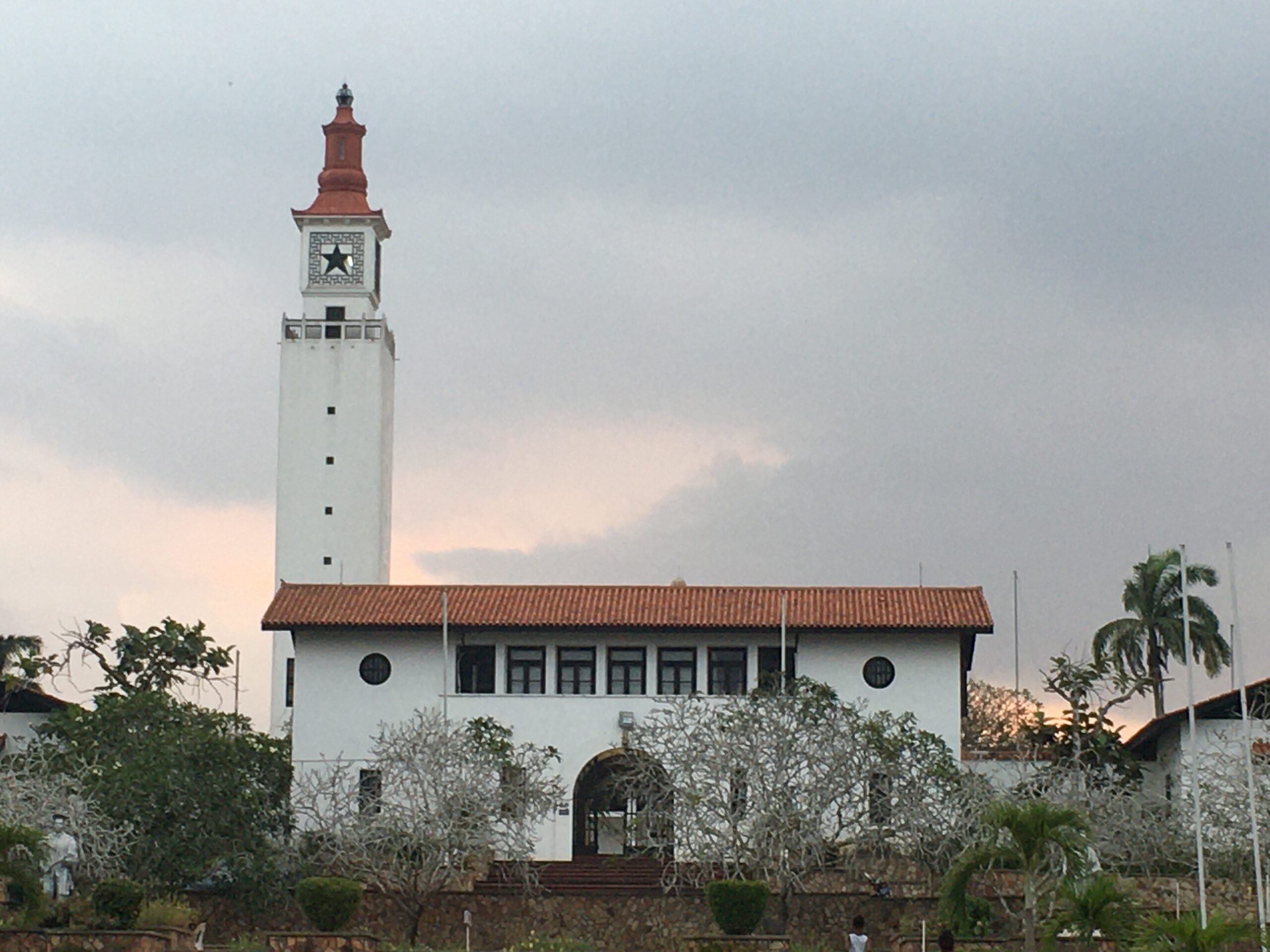

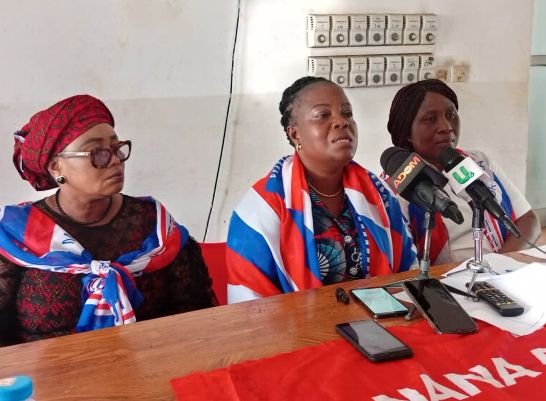


![Dormaahene hails Mahama, vows to carry him at his back if cedi hits GH?8 to $1 [Video]](https://sportal365images.com/process/smp-images-production/pulse.com.gh/01062025/e9150a95-eb04-4066-bf2d-fef977524ffe.png)
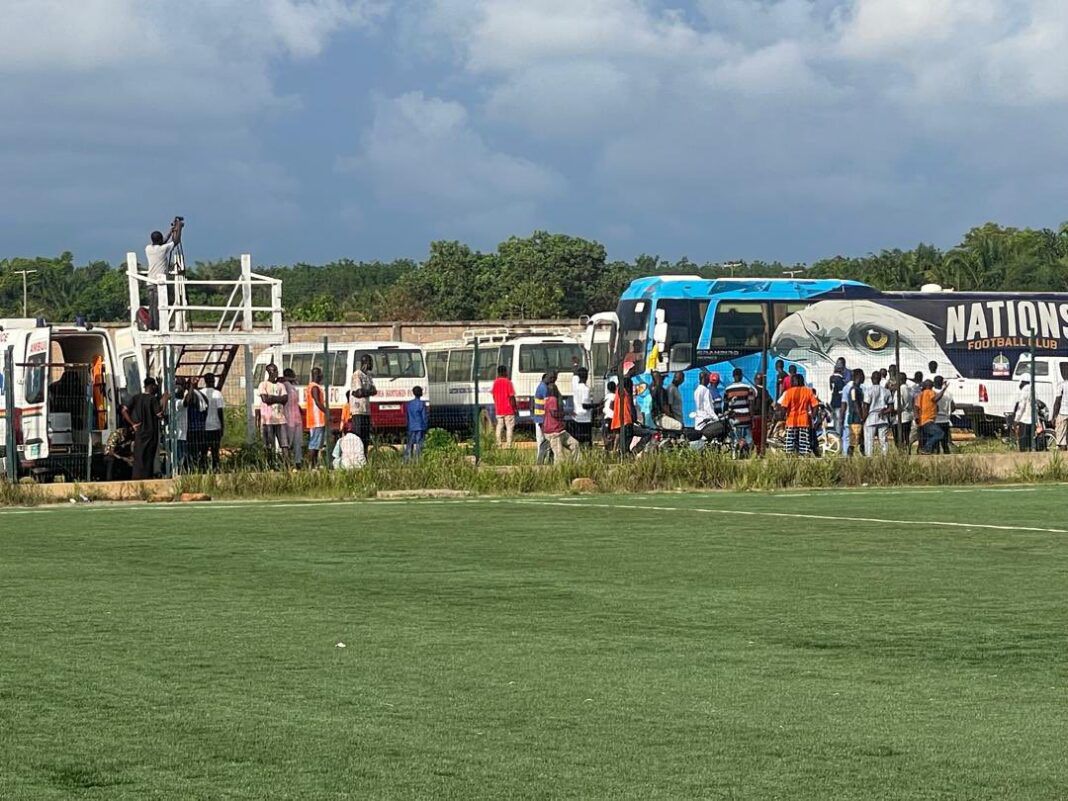
![Hajia4Reall makes a bold comeback with new music after U.S prison sentence [Video]](https://sportal365images.com/process/smp-images-production/pulse.com.gh/01062025/88287b98-5b5d-4e81-b3b1-c4adb7b6ee54.png)
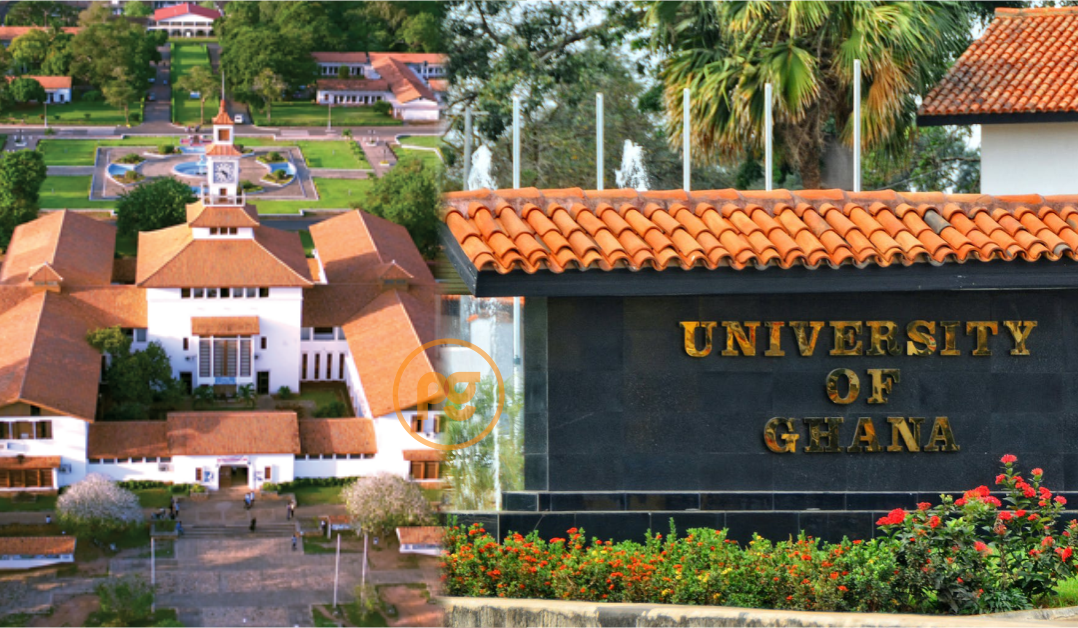

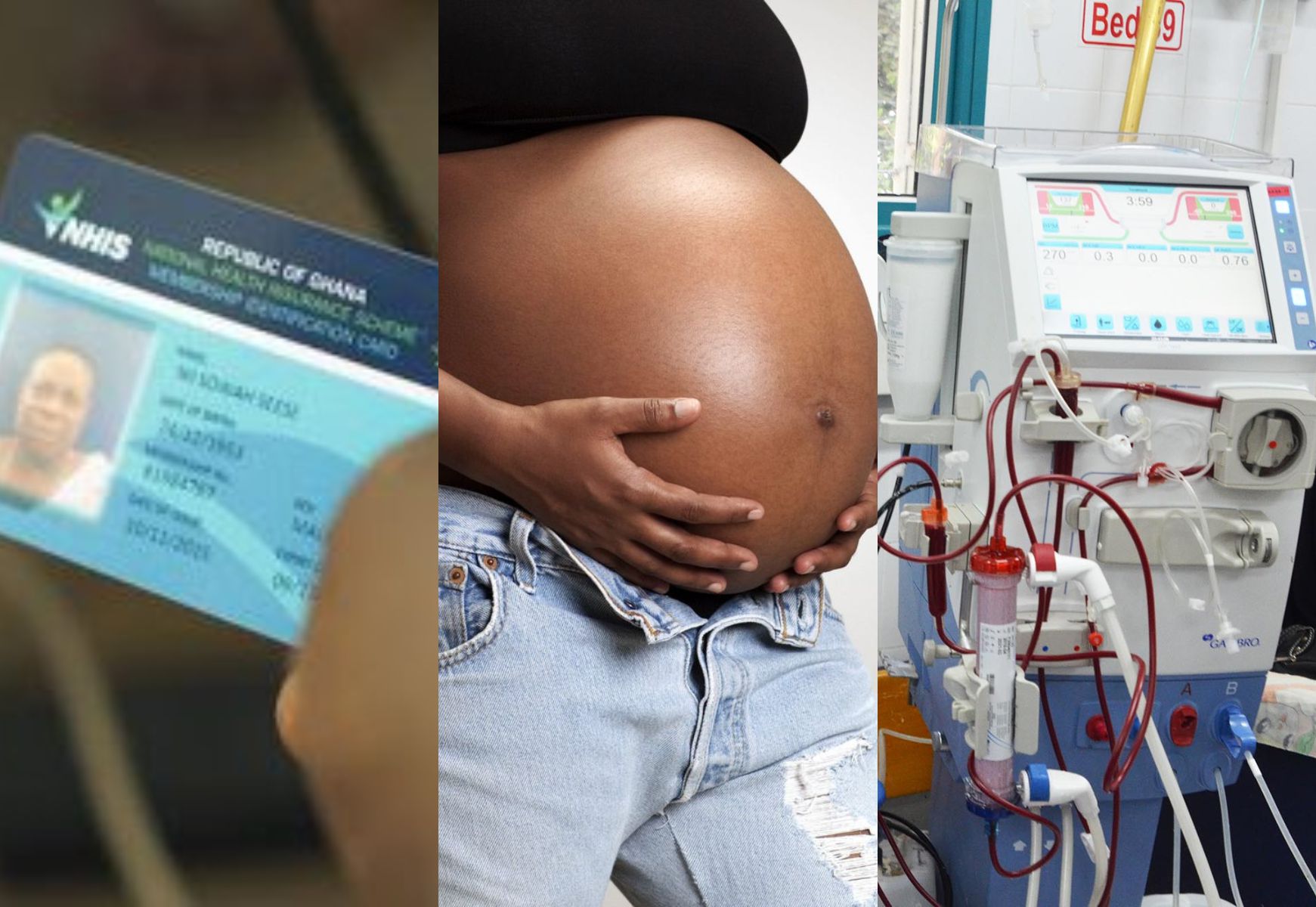











Facebook
Twitter
Pinterest
Instagram
Google+
YouTube
LinkedIn
RSS